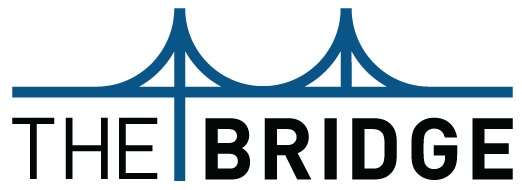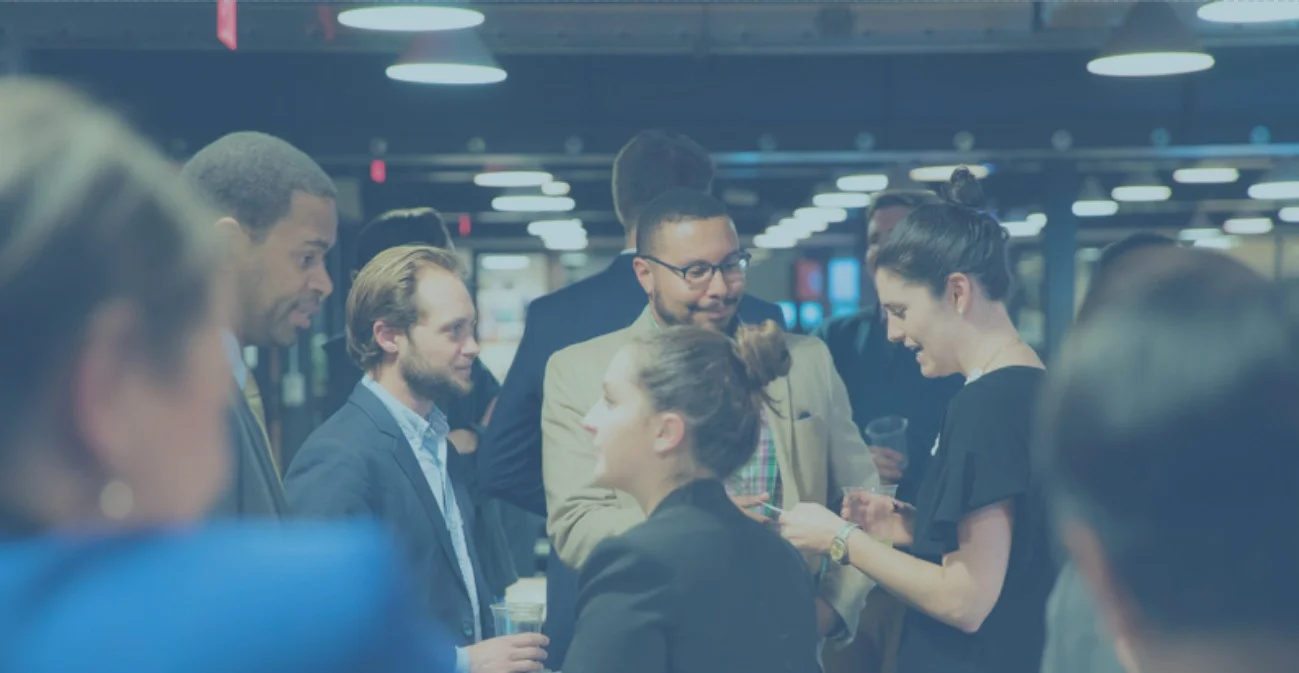TheBridge profile: Ariella Steinhorn
Name: Ariella Steinhorn
Current city: Los Angeles and New York City
Current jobs: Head of Policy Communications at Spin (Ford Smart Mobility), Co-founder of Simone
Past jobs: Head of Communications at Managed by Q, Public Affairs at Uber
Q. Favorite spot for a coffee meeting? Gotan in Williamsburg, Brooklyn
Q. Describe how a skill you learned in a previous job helped you in your current job. Confidence coupled with extreme preparedness is a powerful force in the workplace. It means that not only did you do the work in a rigorous manner, but you also are not going to waver in your conviction when you know something is right and have done the work to prove it. I didn't always have confidence, especially as a younger woman. Impostor syndrome is real. But you can train yourself to exude confidence, and it becomes a superpower in growing your career, your professional network, and your self.
Q. Job advice in three words? You have agency.
Q. How are you (or your company, org, nonprofit) currently bridging the gap between politics and tech / innovation and regulation? Spin is a private scooter-share service that provides transportation on public streets. By nature, its product is intertwined with matters of public safety and public benefit. I was attracted to Spin initially by the ethos of its founding team, who believe that true partnership and buy-in from government agencies is important. They don't blow smoke, and they take their role as a transportation operator and an employer of hundreds of people incredibly seriously. It's an exciting blend of balancing constituent interests and responding to consumer demand for a sustainable mobility option.
Q. What can innovators learn from policymakers? Innovators can learn to listen. The policymakers who take the time to listen are able to take a measured and holistic approach to problem-solving some of the most complex, multi-faceted problems in the world. Private companies will always have to answer to shareholders, investors, and the bottom line. But prioritizing breakneck growth at all costs is actually counter to a long-term, sustainable business—and actually threatens the customers and communities they purport to serve. Innovators need to take the time to listen to perspectives of all stakeholders: customers, governments, employees, and broader communities who are peripherally impacted by their products and services. I believe that companies need more sociologists, anthropologists, and social psychologists on their teams, since people with those skill-sets have the inherent ability to see perspectives outside of their own. This is critical to building any successful innovation.
Q. What can policymakers learn from innovators? Policymakers can learn to be adaptable. Change is the only constant, especially as information and commerce becomes more democratized with technology platforms. Policymakers who subscribe to a philosophy of "that's just the way it is" will miss out on opportunities to serve people and create environments that lead to increased safety, opportunity, efficiency, comfort, and joy. Even worse, they'll miss out on necessary ways to negotiate with and check the power of corporations or other profit-making entities. It's important that policymakers are at the table.
Q. Favorite book/podcast/long-form article you recommend? I fell in love with the My Brilliant Friend series by Elena Ferrante. It's a raw and honest coming-of-age read about female friendship, labor, power, and love. Getting a glimpse into the intricacies of other creative minds further unlocks different thought paths and fuels my personal creative energy. Instead of being hooked to a VR headset decades into the future, you'll likely find me reading a fiction book.
Q. Most underrated virtue in an employee? Empathy. People with empathy are able to work more collaboratively with their colleagues, especially when they can put aside their own egos to understand the experiences and perspectives of others.
Q: Living person you admire? John Lewis. As a civil rights pioneer, he always sought to understand humanity in others—and I think we desperately need that today. I love the concept of "good trouble." As John Lewis put it: "Dr. King and others inspired me to get in what I call good trouble, necessary trouble. And I think we’re going to have generations for years to come that will be prepared to get in trouble, good trouble, necessary trouble."
Q. Best advice you’ve received? While you can't control other people, you can absolutely control the way you react to them. Everything is in your power.
Q. What's one piece of advice you are still trying to master? Boundaries are a form of self-respect. As work becomes such an integral part to our lives and identities, we've become really close with our colleagues. This was initially coined by Brené Brown, who said: “Compassionate people ask for what they need. They say no when they need to, and when they say yes, they mean it. They’re compassionate because their boundaries keep them out of resentment.”
Click below to join TheBridge community and, among other resources, receive our bi-weekly updates with featured profiles.


